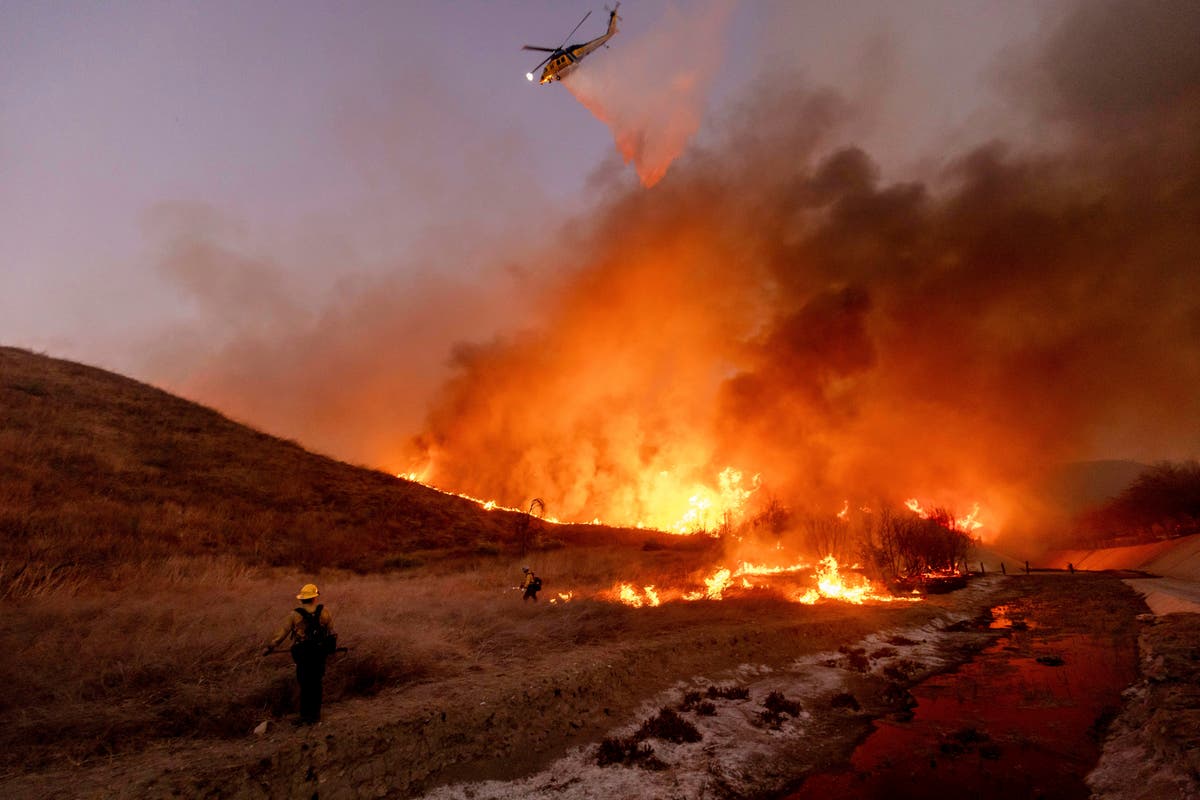In an article published by the American Bloomberg News Agency, a writer predicted that democracy in the world would face a test for which it was not prepared in 2024.
Mihir Sharma, a columnist for the agency and a senior researcher at the Observer Research Foundation, said that general elections are scheduled to be held next year in the four largest democratic blocs in the world, which are India AndEuropean Union AndUnited State AndIndonesiaFor the first time since the dawn of the Internet era.
Next year, over the course of several months, about a billion people may go to the polls, amid a storm of misinformation and digital manipulation in a way the world has never seen before.
The author believes that the risks have exceptionally important consequences for democracy itself. In the United States, there is a possibility that the preferred candidate in the election will have the opportunity to become a “dictator.”
In the European Union, the far right is heading for a continent-wide boom, according to Sharma, who adds that the most likely candidate in the Indonesian elections is a former general who was once accused of committing human rights violations.
In India, the “faltering” opposition faces its last chance to confront the possibility of the country turning to one-party rule.
He adds that the world has realized since at least 2016 that elections in the digital age are unusually vulnerable to manipulation, and those supervising the integrity of elections have been working hard since then, but today they are fighting their “last war.”
The writer said that the victory of Republican candidate Donald Trump in the US presidential elections in 2016 was influenced at that time by carefully fabricated narratives through electronic software run by robots. A “small army of fact-finders” appeared around the world, and mechanisms designed to prevent “fake news” from reaching the official press multiplied.
India is considered the world’s largest laboratory for “poor” electoral practices, and at the same time has the largest number of voters.
Misinformation
The writer goes on to say that misleading information based on… artificial intelligence It’s already starting to spread, and it’s getting harder and harder to spot it as a fake with each passing month.
Oddly enough, it is more difficult to prevent such messages from spreading widely when they do not immediately appear to be hostile or directed at one party in particular.
In Indonesia, for example, a video clip on the TikTok application in which Defense Minister and presidential candidate Prabowo Subianto appeared speaking Arabic has been viewed millions of times.
According to Sharma, the clip was a deepfake created by artificial intelligence intended to bolster his diplomatic, and possibly Islamic, credentials.
If there is one thing we have learned from the information war that accompanied the Israeli war against the Islamic Resistance Movement (agitation) in Gaza, because those who grew up in the Internet era are not better equipped to recognize the obvious propaganda that this information contains, says Sharma.
He adds that these people seem less able to distinguish between truth and fiction, so the threat to democracy crosses the borders of countries and the platforms used are global, as are the messages that are disseminated.
Therefore, the defense of democracy cannot be local, “for one reason, it is a task that no government can address alone.” But each country has its own different approaches when it comes to securing its elections, and both potential manipulators and the platforms they exploit have benefited from this difference.
The writer asserts that the level of disinformation that will emerge next year will wipe out our individual defenses unless we adopt a more strategic approach and unified methods.
He concludes by saying that the world needs concerted efforts above all else, because defending democracy has always been one of the reasons for multilateral action, and this defense should include protecting national elections during the coming year.




